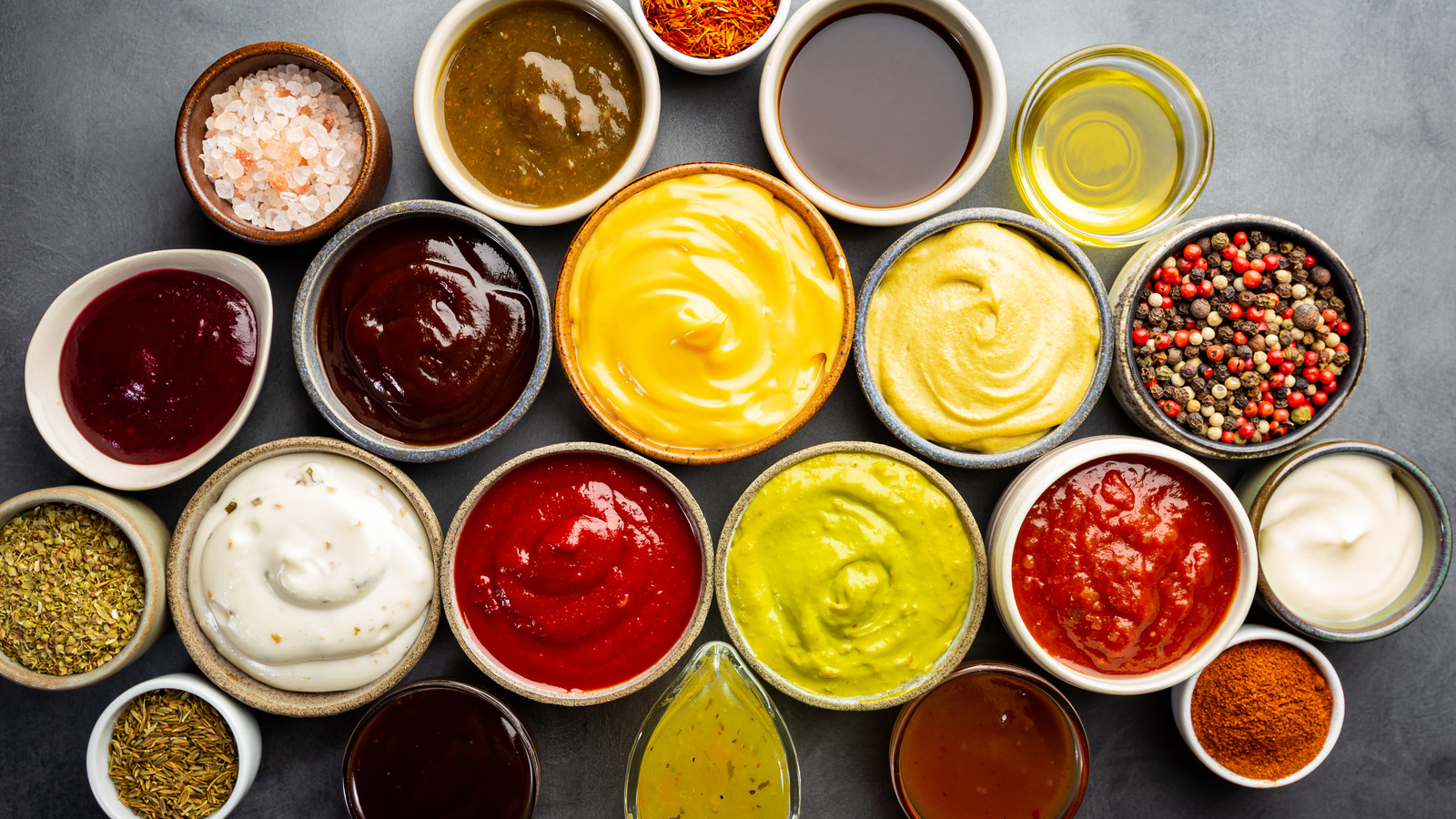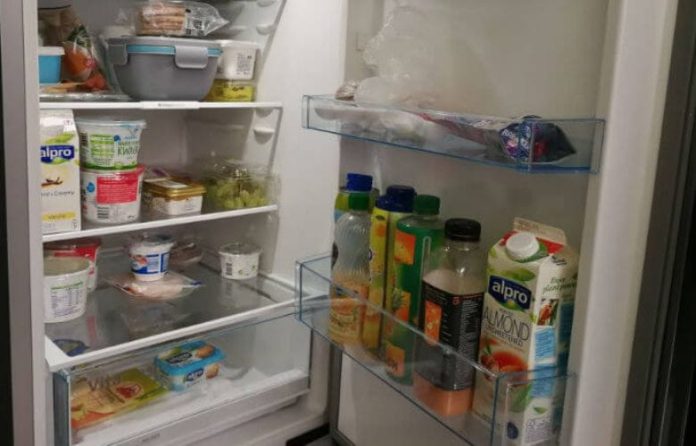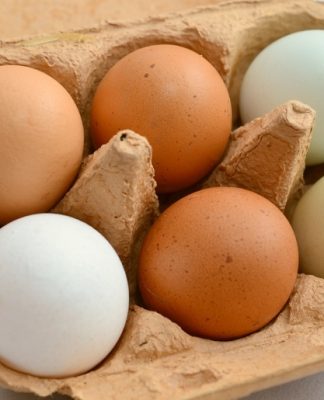Do you store your condiments in the right place?
It’s a true mystery: which condiments should you store in the refrigerator and which should be kept outside of it? Some people store every condiment inside their fridges, but there are also people who keep all of them in a cupboard. We got confused about what should be kept where, so we did some research.
We’re going to have to move some condiments around in our kitchen…
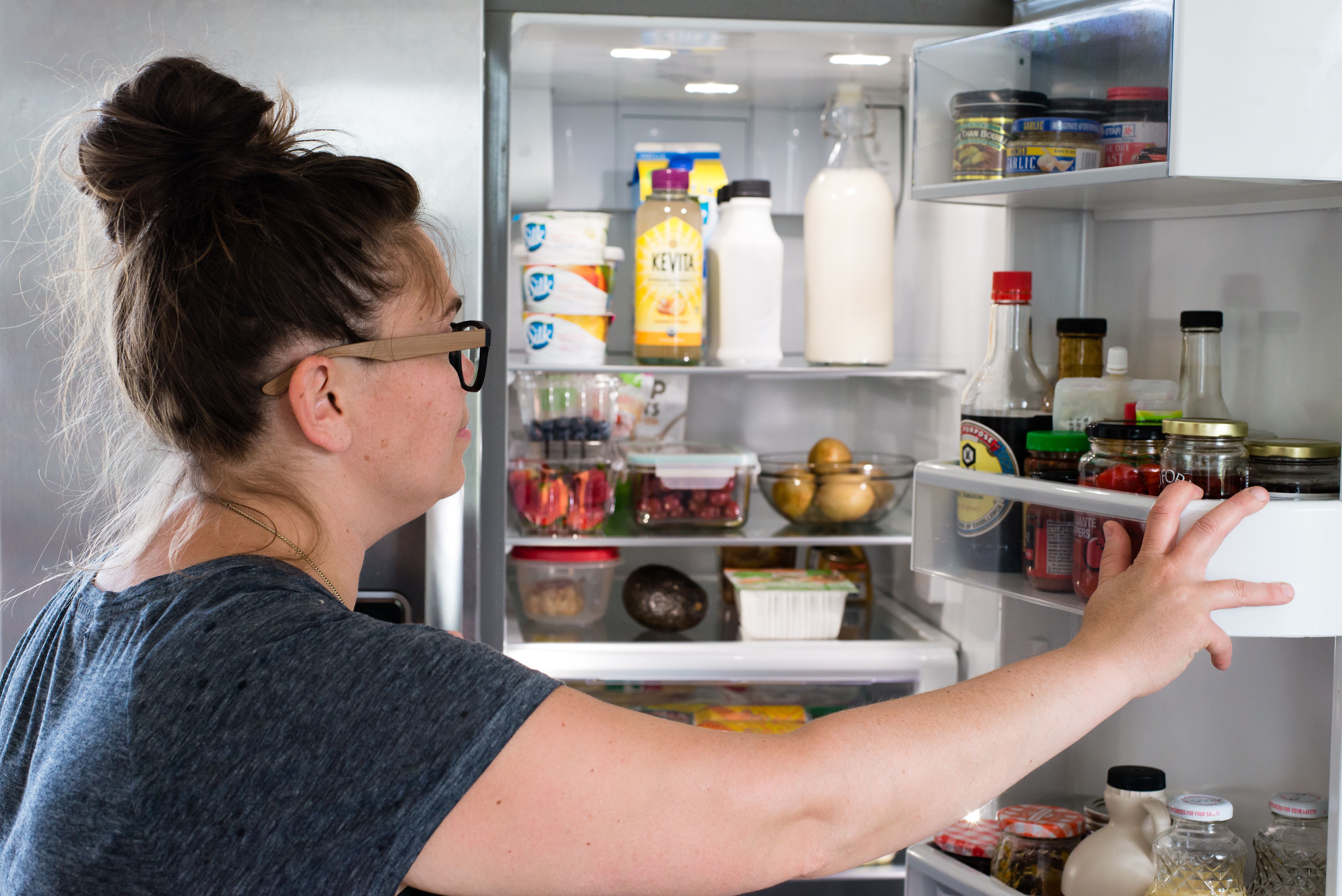
Do keep in the fridge
- Mayonnaise: Mayonnaise contains eggs, which is why you should store it in the fridge after you’ve opened the jar.
- Tomato ketchup: Ketchup is a bit of a toss-up. When you keep it in a cupboard, you can use it for about a month before it expires. If you won’t be able to finish the bottle before then, you’re better off keeping it in the fridge.
- Mustard: Some types of mustard have to be kept inside the fridge, such as Dijon mustard. Other types can be kept outside of the fridge, although regular yellow mustard might lose some of its taste.
- Nut and seed oils: These types of oil, such as peanut oil and sesame oil, are refined oil and made out of nuts and seeds. Nuts and seeds lose their taste if they’re kept outside of the fridge, which is why it’s smart to store these oils in the fridge as well.
- Syrups: Agave syrup and maple syrup need to be kept in the fridge after you’ve opened them. Mould can grow inside of the bottles after they’ve been opened.
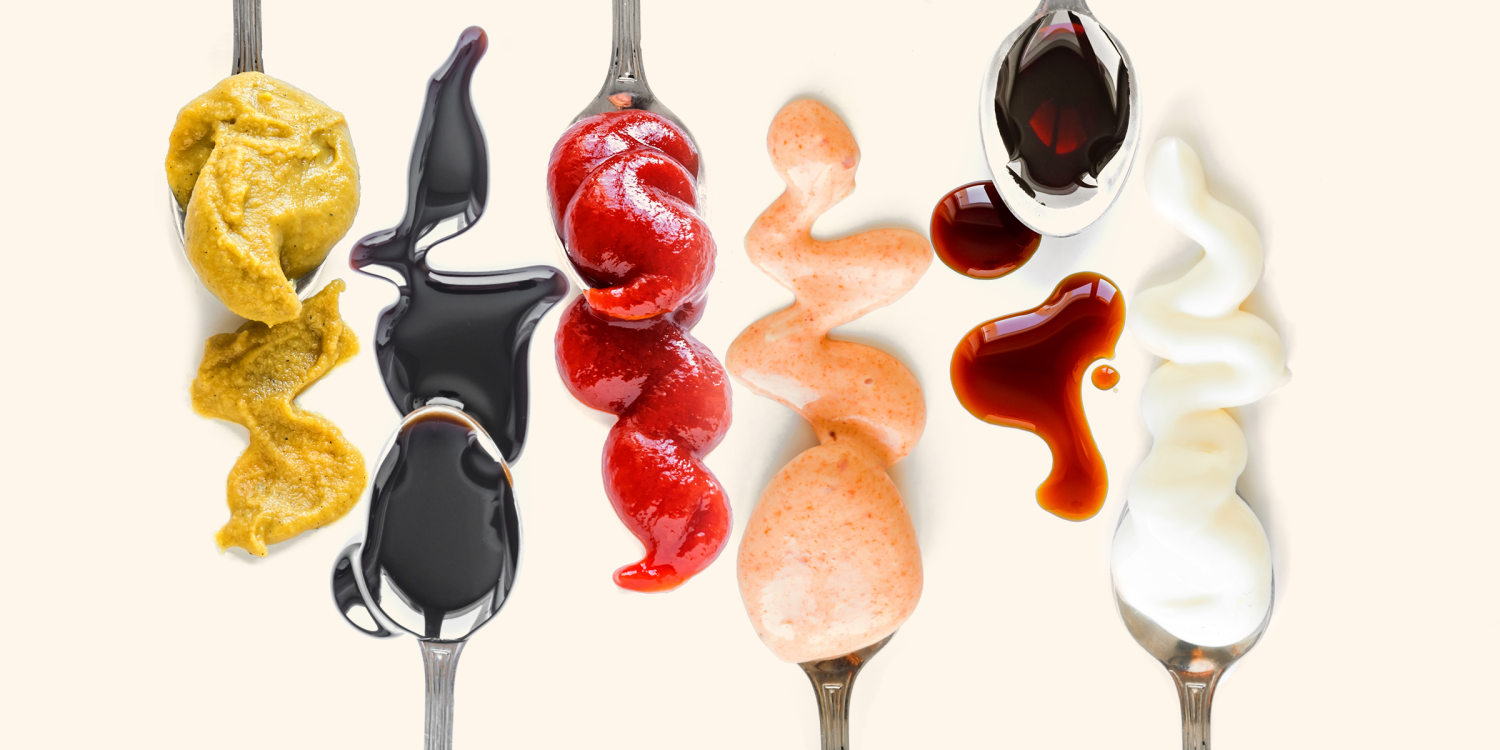
Do not keep in the fridge
- Soy sauce: This condiment has been fermented, which is why you don’t have to keep it inside the fridge.
- Hot sauce: Hot sauces made with vinegar don’t expire for about three years, so you don’t need to store them in the fridge.
- Honey: Although you shouldn’t keep honey in direct sunlight, you also shouldn’t store it in the fridge under any circumstances. Honey will crystallize and then you’ll be unable to use it. It’s best to store this one in a cupboard!
